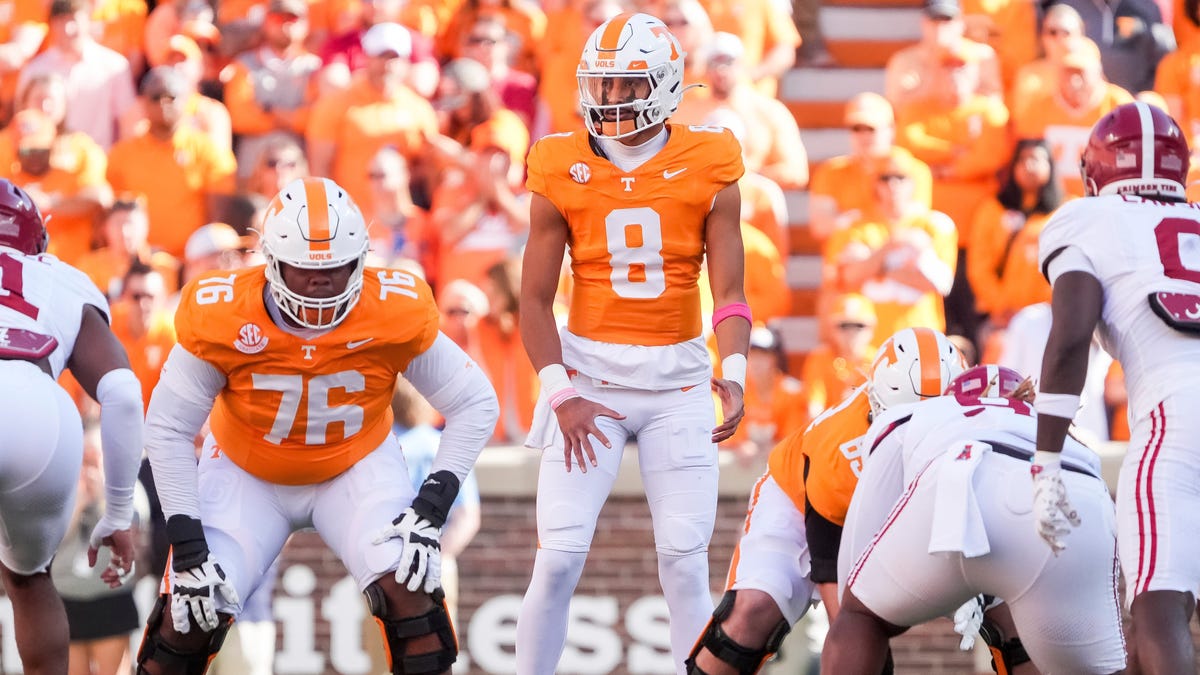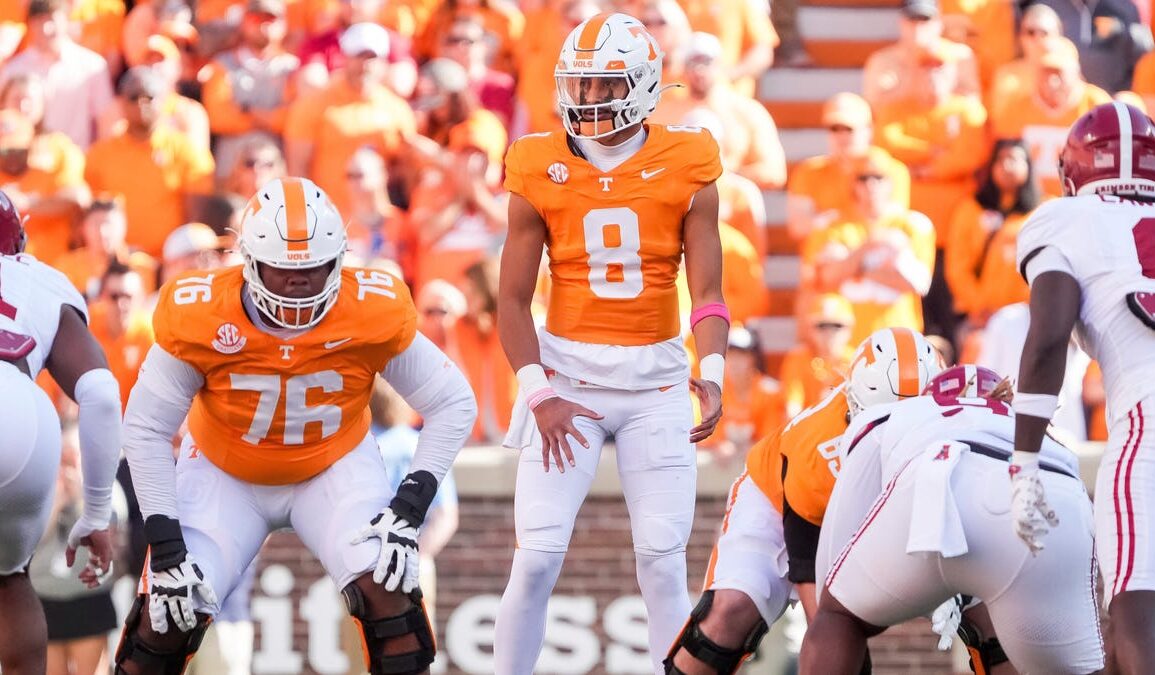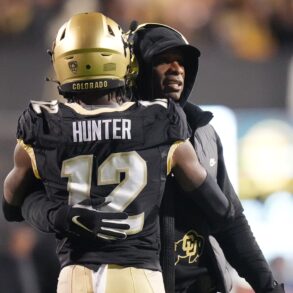
There’s a tendency in the public at-large, and frankly, in the media business, also, to paint villains more vividly by painting saints beside them.
Bad guys just don’t look as bad if there’s not a hero nearby for contrast.
Tennessee football’s divorce from quarterback Nico Iamaleava has generated just such a scenario after the Vols’ talented passer reportedly tried to leverage a good-but-not-great season in his first year as a starter into an NIL raise from $2+ million a year to $4 million. UT coach Josh Heupel has been roundly praised for standing tall, saying “enough is enough,” and sending Iamaleava packing after he no-showed a practice right before the Vols’ spring game.
Given the out-of-control environment that NIL anarchy and the NCAA transfer portal have conspired to create, college football fans have certainly found their villain in Iamaleava. Suddenly, he’s the poster child for all that’s wrong in the sport. Whether that’s deserved or not, this much we know: either Iamaleava or his circle of influence most definitely overestimated his value as a player.
But let’s hold off on all the commendations for Tennessee standing its ground.
The Vols, after all, planted the seed for this weed themselves.
It was Tennessee that chose to break the bank to sign Iamaleava as a high school recruit in the first place. Schools don’t make NIL contracts public, of course, but at $2 million a year, you can safely bet that while Iamaleava sat on the UT bench as a freshman in 2023, he made more money than eventual Heisman Trophy winner Jayden Daniels at LSU, or Michael Penix Jr., at Washington, who led the Huskies to a national championship game while leading the nation in passing yards (4,903).
Seven figures for a kid who’d never thrown a pass at the college level.
Seven figures for five stars. And seven figures for zero guarantees.
That’s the definition of a broken system, but it was Tennessee that defined it.
If UT was willing to let a high school kid set college football’s NIL market for quarterbacks, should it really be surprised that after a year as a starter, he tried to re-set the same market? Should anyone be surprised? Regardless of how commonly quarterbacks pull $2 million today, it was unheard of when Iamaleava enrolled at Tennessee just 18 months after NIL was born, in December of 2022.
Josh Heupel isn’t a saint in all this. He and the UT collective brought this on themselves by establishing a ridiculously high value on a completely unknown asset. If it wasn’t ego that drove the decision to pay a recruit that much money, it was ego that made Heupel too cocksure of his evaluation skills.
In a free market, the worth of something is whatever someone is willing to pay for it. In this context, that means coveted high school recruits can hit the jackpot before proving themselves on a college field. It means some of them will be paid more before they’ve completed two semesters of classes than their performance on the field will ever merit.
Every school has its Iamaleava. Players transferring because they can’t get more money is commonplace. What makes Iamaleava different is that both his original NIL deal, and his leverage ploy to improve it, was leaked into public awareness. And Tennessee had a hand in both.
Markets go through natural corrections, too, and the correction that NIL collectives should make is to hold more of their resources for players who have shown they’re good enough to deliver the wins that − imagine this − generate more money. The cycle, if still unsustainable, is at least more sensible that way. Unfortunately, another natural force − recruiting − drives college football just as powerfully as a free market. Dating back decades when boosters used to pay recruits with $100 handshakes, the determination to buy off high school kids is an unbreakable phenomenon that will always undermine the concept of merit-based NIL pay.
Tennessee is certainly not alone in overpaying the underproven. Every collective in the SEC is writing big checks to some of its players for not-so-big returns. But the Volunteers are not a victim in the Iamaleava saga.
It was Tennessee that put the saga in motion.
Tuscaloosa News columnist Chase Goodbread is also the weekly co-host of Crimson Cover TV on WVUA-23. Reach him at cgoodbread@gannett.com. Follow on X.com @chasegoodbread.
This post was originally published on this site be sure to check out more of their content.









